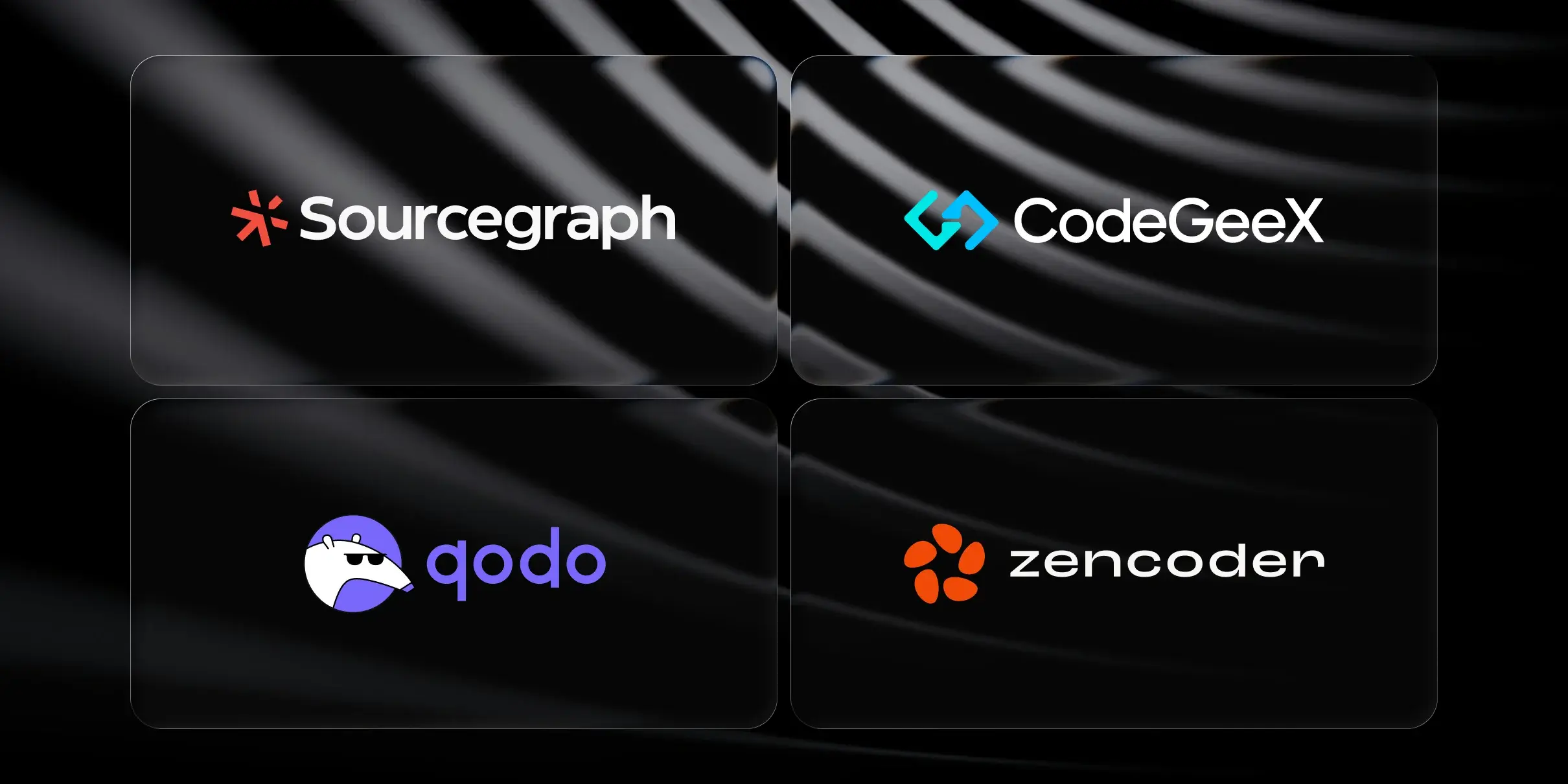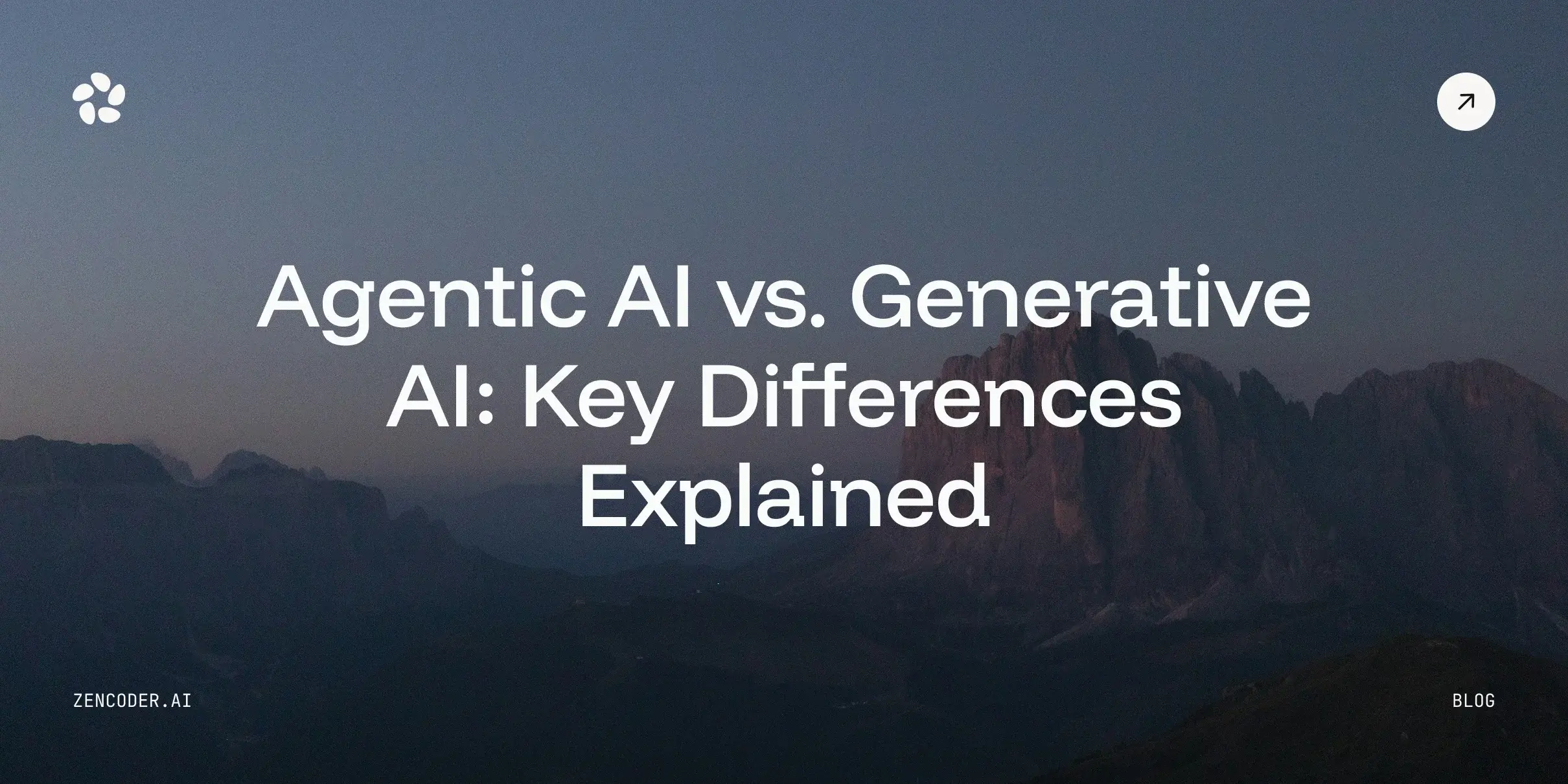Unit testing is an important component of ensuring code quality, but as projects grow in complexity and development cycles shorten, traditional testing methods are struggling to keep pace. Unit testing is in need of a dramatic transformation, and it’s clear that this transformation will be driven by advancements in artificial intelligence (AI).
By automating many of the repetitive, time-consuming tasks associated with testing, AI is set to revolutionize how developers approach code quality.
Evolution of Unit Testing: From Manual to AI-Driven
Unit testing has always been a vital part of the software development process, allowing developers to verify that individual components of their code worked as intended. Before automation frameworks, developers had to manually write tests, a process that was not only labor-intensive but also prone to human error. Automation frameworks made test writing more efficient, but maintaining and updating tests still required a lot of effort.
As teams move to continuous integration and delivery (CI/CD) pipelines the need for faster, smarter testing is clear. AI-driven unit testing promises to overcome many of the problems of traditional testing like test fragility, incomplete coverage and high maintenance costs.
The Rise of AI-Generated Tests
AI will take on a more prominent role in automating the creation of unit tests, analyzing code to identify potential test cases and generating relevant, effective tests that provide comprehensive coverage. By analyzing codebases, requirements and historical test data, AI can create a full suite of unit tests on its own. This will save developers time and improve test quality and reliability.
Automating the tedious
Developers currently spend a lot of time writing and updating unit tests—time that could be better spent on more creative and strategic tasks. With AI generated tests, much of that manual effort can be eliminated. Machine learning algorithms are able to scan the code, find the important functions and generate relevant test cases automatically, so developers can focus on innovation.
Intelligent Test Case Identification
Machine learning models will be able to find edge cases and testing scenarios that human developers may not think of. AI can generate test cases that are more diverse and comprehensive by analyzing not just the code but also historical test data and real-world usage patterns. This will ensure that your unit tests catch more potential bugs.
Less Human Error
Humans are prone to biases, mistakes, and oversight when writing tests. AI generated tests will be free from these limitations, so fewer edge cases will be missed and more of your code will be covered. This will mean fewer bugs will slip through, resulting in higher overall quality.
AI-Driven Test Optimization
Beyond generating tests, AI will also optimize the testing process by intelligently selecting which tests to run, prioritizing high-risk areas, and reducing the time and resources needed for testing.
Smarter Test Selection
Instead of running every test with every code modification, AI streamlines the process. It intelligently selects the most important tests by analyzing changes, historical failures, and other contextual factors. This results in optimized testing cycles and accelerated feedback loops, allowing for faster iteration and development.
Prioritization and Risk Assessment
AI also acts as a risk mitigation tool, pinpointing areas of the codebase most susceptible to bugs or regressions. This ensures your core features work as they should and reduces the chance of major problems reaching your users.
Self-Healing Tests
A particularly exciting innovation is the advent of self-healing tests. As code evolves, traditional tests frequently break, and then require manual intervention. AI-powered systems will automatically update your tests to keep up with your code, saving you tons of effort and making your tests more resilient.
The Evolution of Test Analysis
AI's capabilities extend beyond test generation and optimization, revolutionizing how developers gain insights from test results and helping you to take a proactive approach to quality assurance.
Predictive Test Failure Analysis
By leveraging historical data, code patterns, and codebase changes, AI can forecast potential test failures. This predictive ability empowers you to address potential issues preemptively, and mitigates the risk of undetected bugs propagating to later development stages.
Root Cause Analysis
In the event of test failures, AI streamlines debugging by automating the identification of root causes. Instead of time-consuming manual analysis, AI-powered unit testing tools will ensure that you receive actionable insights, enabling faster and more efficient issue resolution.
Test Coverage Insights
AI can provide you with granular insights into test coverage, pinpointing gaps and suggesting areas requiring additional testing. This helps you to ensure comprehensive coverage, even in less frequently accessed parts of the codebase, contributing to more reliable and stable software.
A Seamless Development Experience with AI Integration
AI-driven unit testing tools can seamlessly integrate into your existing development environments and processes, providing continuous feedback and ensuring code quality throughout the entire development lifecycle.
Integration with DevOps and CI/CD Pipelines
As AI-powered testing tools become more advanced, they will be increasingly integrated into DevOps practices and CI/CD pipelines. This integration will enable continuous testing, where unit tests are automatically generated and executed as part of the development workflow. This means that developers will receive immediate feedback on the quality of their code, allowing them to identify and fix issues earlier, reducing the cost of addressing bugs in later stages of development.
Shift-Left Testing
AI will play a pivotal role in facilitating a shift-left approach to testing, where tests are created and executed earlier in the development process. This approach helps catch defects early, significantly reducing the time and effort required to fix them. The earlier bugs are identified, the lower the cost of remediation, making shift-left testing a key strategy for modern development teams.
Enhanced Developer Productivity
By automating tedious and repetitive tasks, AI will empower developers to focus on more creative and impactful work. The time saved from not having to manually write, update, or analyze tests will allow developers to innovate more freely, resulting in faster development cycles and higher-quality products.
Zencoder: Leading the Charge in AI-Driven Unit Testing
Tools like Zencoder are at the forefront of this AI-driven revolution. Zencoder offers a comprehensive suite of features that seamlessly integrate AI into every stage of the development process:
- AI Unit Test Generation: Zencoder’s AI agents automatically generate unit tests based on the project’s specific context, ensuring broad test coverage and reducing the need for manual test creation.
- Self-Healing Tests: Zencoder reduces test fragility by dynamically updating tests as code evolves, significantly cutting down on maintenance effort.
- AI-Driven Test Optimization: By intelligently selecting and prioritizing tests, Zencoder optimizes testing time and resource allocation, allowing developers to focus on critical tasks.
- Code Repair: Zencoder’s AI agents automatically fix and enhance faulty code generated by large language models (LLMs), ensuring code quality remains high.
With these capabilities, Zencoder enables development teams to achieve superior code quality by automating testing, optimizing workflows, and ensuring continuous feedback throughout the development cycle.
Conclusion: The AI-Powered Future of Unit Testing
The future of unit testing is bright, and AI is leading the way. By automating test generation, optimizing test selection, and enhancing test analysis, AI promises to make unit testing faster, more efficient, and more reliable than ever before. As these tools evolve, they will not only improve software quality but also empower developers to focus on innovation, leading to shorter development cycles and better products.
For teams looking to stay ahead in this rapidly changing landscape, adopting AI-driven unit testing solutions like Zencoder is essential. By leveraging the power of AI, developers can achieve higher code quality with less effort, paving the way for a future of faster, more intelligent software development.



